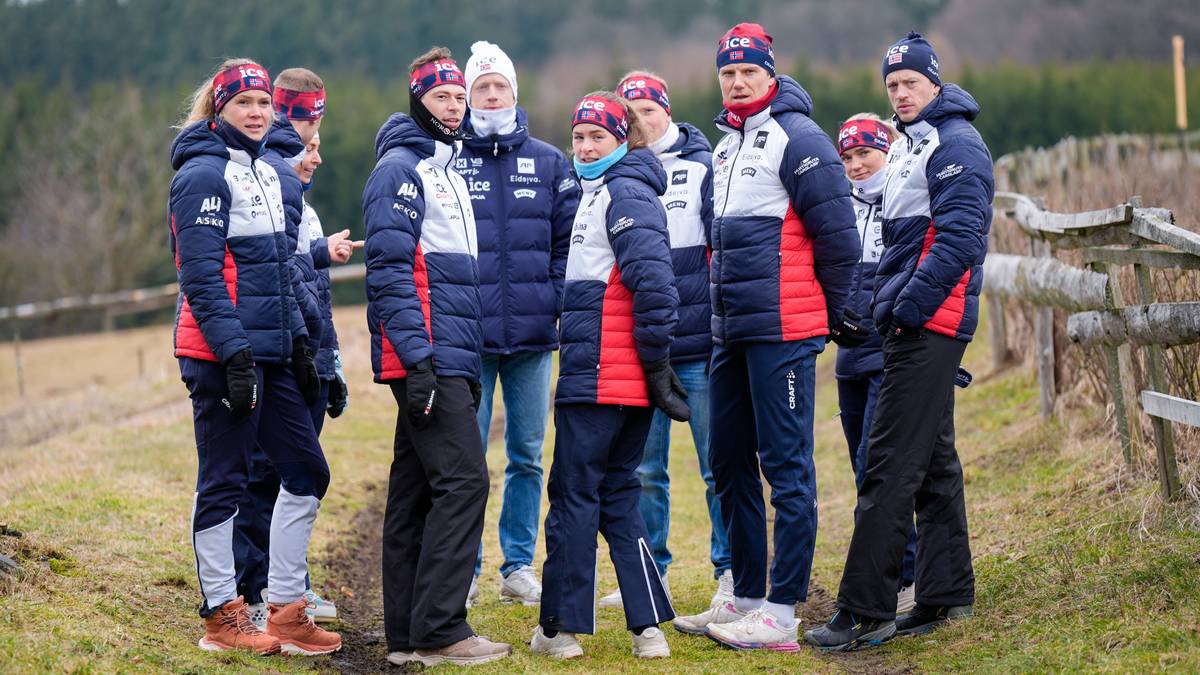
Biathletes Express Concerns Over IBU's Revised Start Order
Originally published in NRK Sport on August 29, 2024
In a recent Teams meeting with the International Biathlon Union (IBU), Vetle Sjåstad Christiansen voiced his concerns regarding the proposed changes to the start order for biathlon races. Under the new proposal, athletes would be divided into four start categories, which would eliminate the option for top competitors to choose their starting group as they have traditionally done.
Historically, elite athletes preferred to start in the first group to take advantage of favorable conditions. However, the IBU's new system would have premier World Cup performers relegated to start from group three, while competitors ranked 31 and below would open the race in the first group.
The IBU contends that this change will enhance the excitement for television audiences. Yet, Christiansen and several other athletes express skepticism, arguing that viewers may lose interest and switch channels if they do not see top competitors early in the race.
When approached by NRK for comments, the IBU declined to provide an interview, indicating that discussions regarding the change are still ongoing.
Ola Lunde, an expert from NRK, backs the IBU's proposal, suggesting it could elevate viewer engagement since current races tend to lose momentum after the leading contenders finish. However, many athletes are worried about the implications for fairness and the unpredictable conditions that may impact those starting later.
The pushback against these changes is gaining traction beyond Norway, with biathletes from France, Germany, and Sweden joining in the protest.
Christiansen emphasized the difficulty of conducting interviews with later starting times and proposed that incorporating performance elements that unfold later in the race—such as outcomes at the shooting range—could maintain suspense for viewers.
The IBU remains committed to evolving discussions, aiming for a solution that accommodates all stakeholders involved. Per Arne Botnan expressed hope for a fair resolution while acknowledging that some level of change is inevitable.
See Also
Biathlon's Controversial Rule Changes Spark Debate
September 04, 2024 / Sport1
Biathlon's New Starting Rules Spark Controversy
September 26, 2024 / Sport1
Biathlon Introduces New Starting Format to Boost Excitement
September 25, 2024 / SVT
Exciting Changes for Top Biathletes Amid Controversy
September 25, 2024 / Sport1
Biathlon Controversy: Federation President Voices Outrage Over New Rule
October 06, 2024 / Sport1
IBU Implements New Seeding Protocol for Biathlon World Cup
September 25, 2024 / Eurosport
Philipp Nawrath Voices Opposition to Proposed Biathlon Rule Changes
September 10, 2024 / Sport1